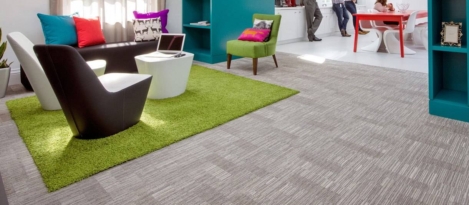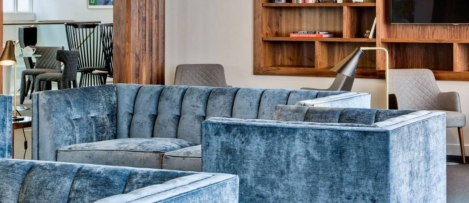June 25, 2015
Employers lagging behind the workplace revolution say CIPD and BIFM
 There is strong and mounting evidence on how organisational culture and the workplace environment influence the quality of our work and working lives. This is according to a major new joint report by the CIPD and BIFM, In Search of Better Workplaces, which forms part of a wider initiative, The Workplace Conversation, an ongoing collaboration between the FM and HR bodies, which explores the evolution of the working environment and what the future of the workplace looks like. The report says that to make the purpose of workplaces clear a completely different approach is required, individual to an organisation, and which reflects what it is trying to achieve and how it wants to achieve it. It adds that good workplace design should be available for everyone and not the sole preserve of cash-rich private sector organisations. There is a range of starting points and organisations should take steps that are the right size for them.
There is strong and mounting evidence on how organisational culture and the workplace environment influence the quality of our work and working lives. This is according to a major new joint report by the CIPD and BIFM, In Search of Better Workplaces, which forms part of a wider initiative, The Workplace Conversation, an ongoing collaboration between the FM and HR bodies, which explores the evolution of the working environment and what the future of the workplace looks like. The report says that to make the purpose of workplaces clear a completely different approach is required, individual to an organisation, and which reflects what it is trying to achieve and how it wants to achieve it. It adds that good workplace design should be available for everyone and not the sole preserve of cash-rich private sector organisations. There is a range of starting points and organisations should take steps that are the right size for them.








































June 22, 2015
Too much sitting down at work (or worrying about it) can increase anxiety
by Sara Bean • Comment, Flexible working, News, Wellbeing, Workplace
More →